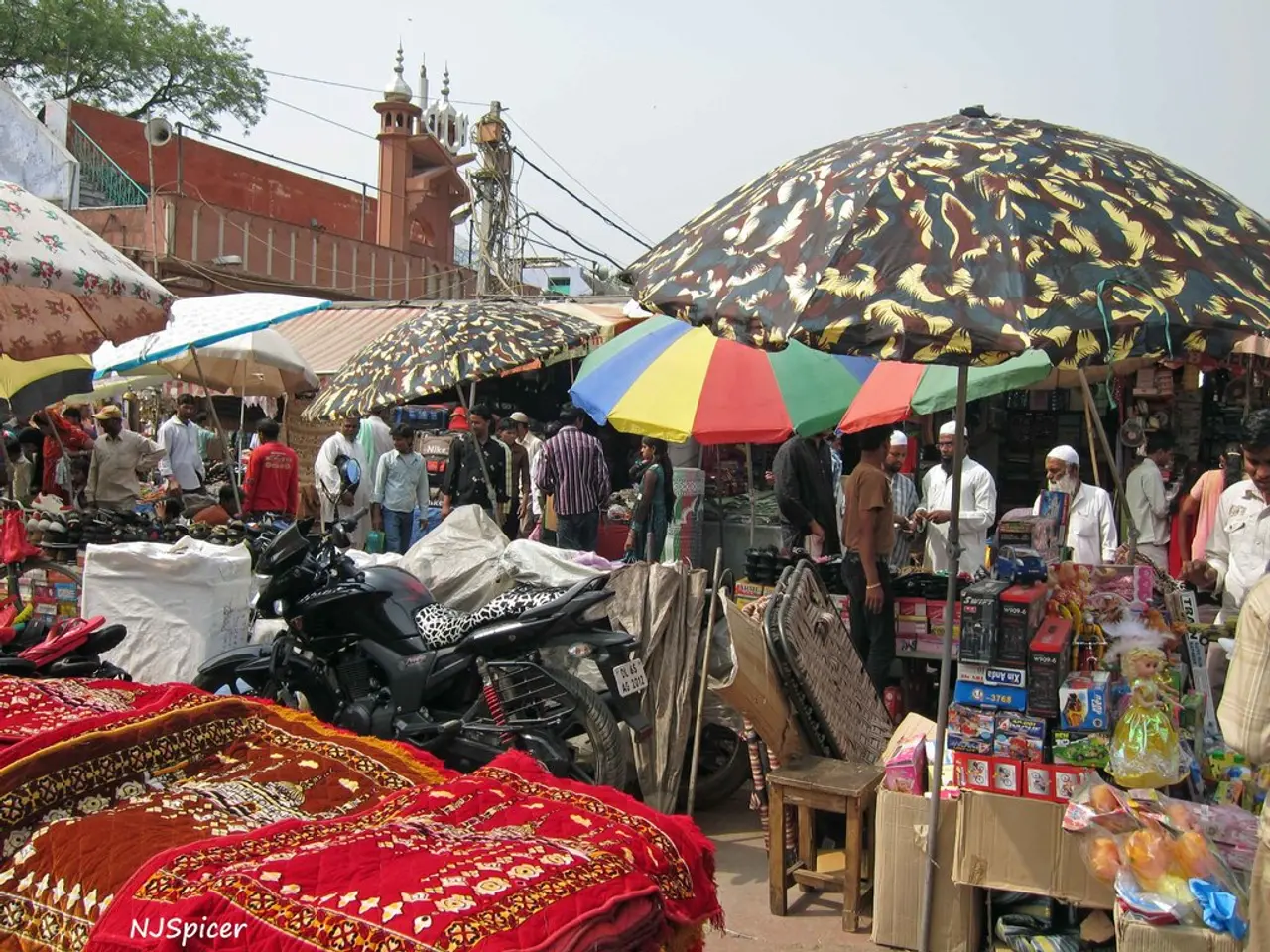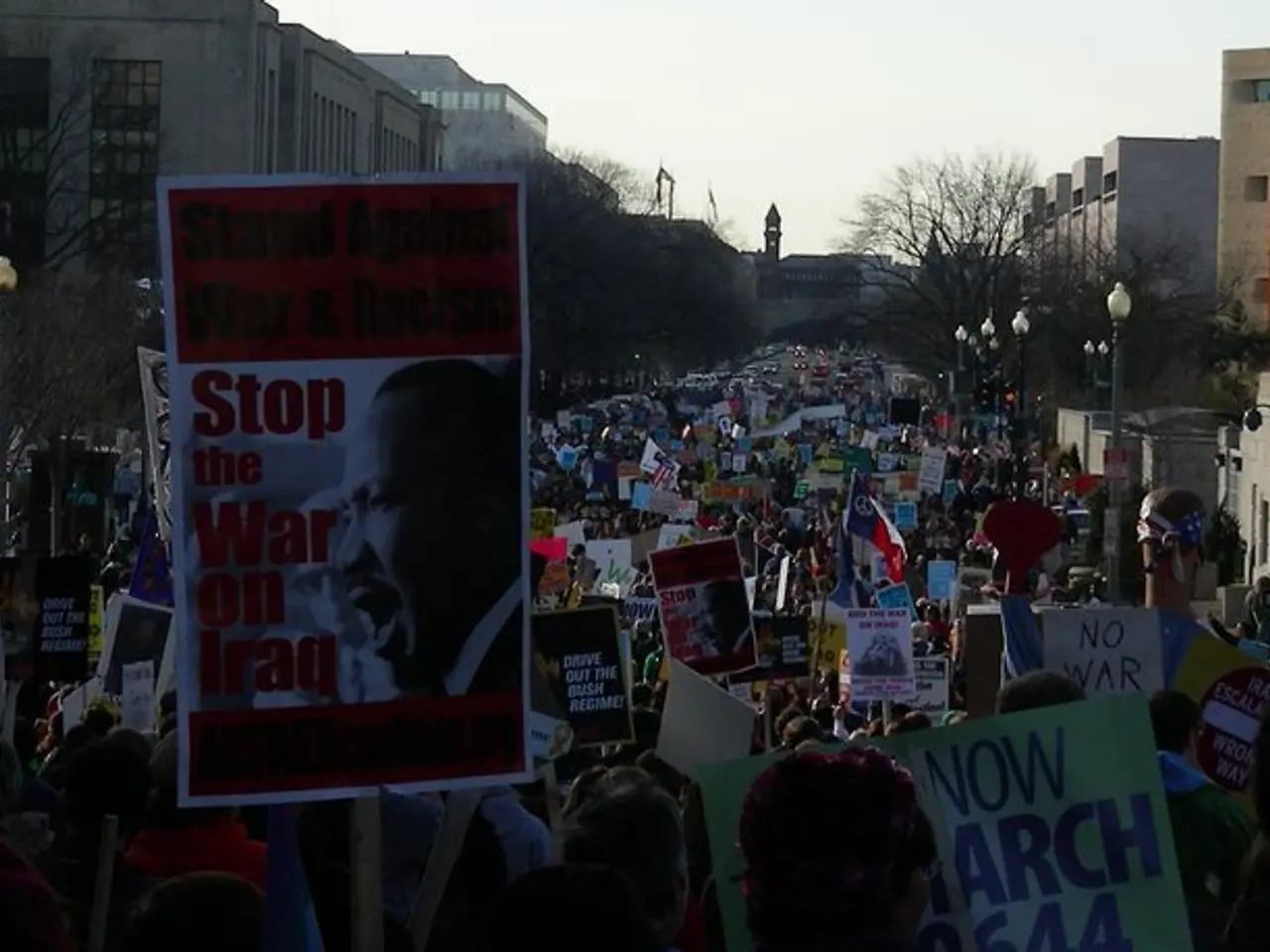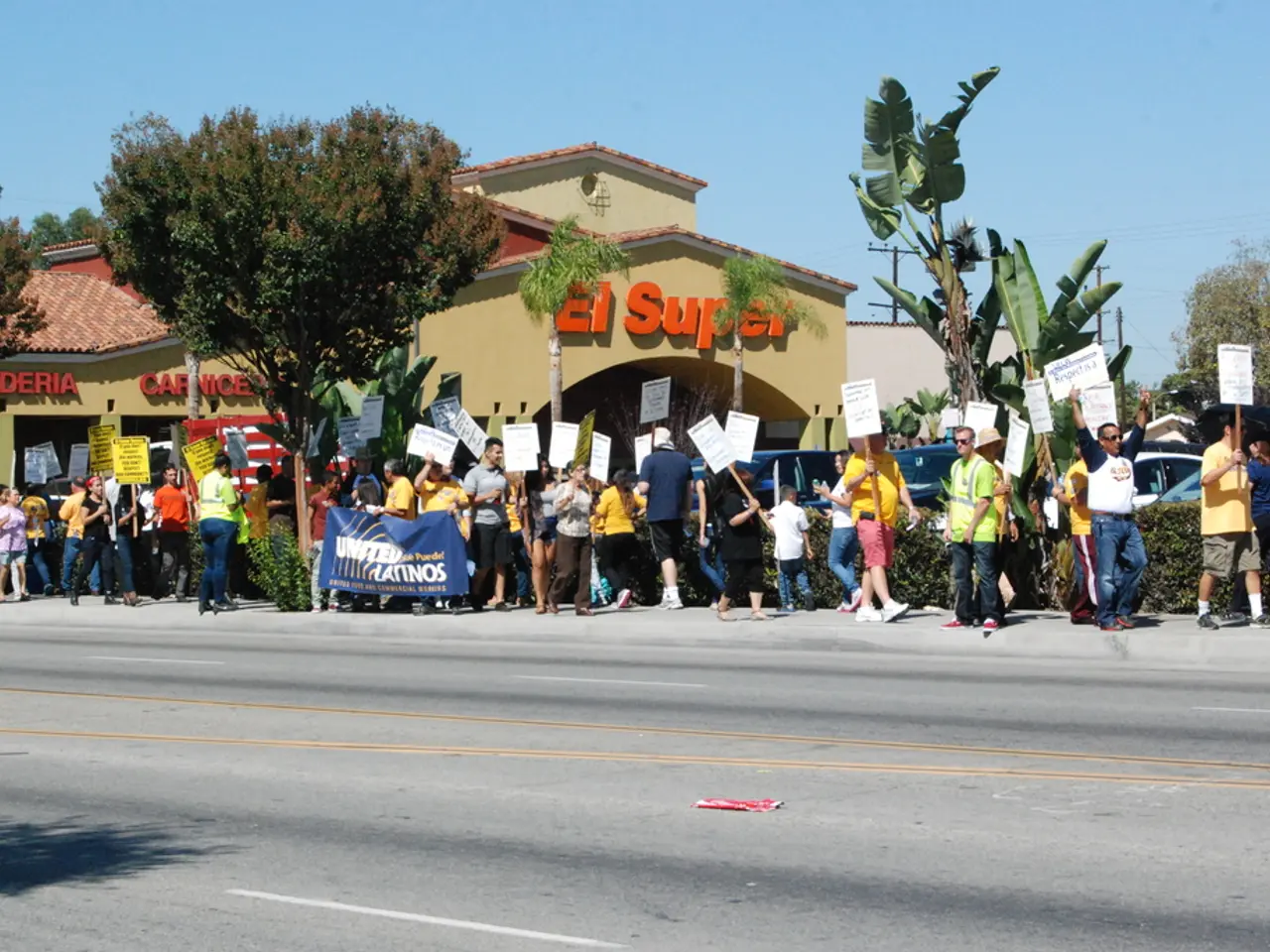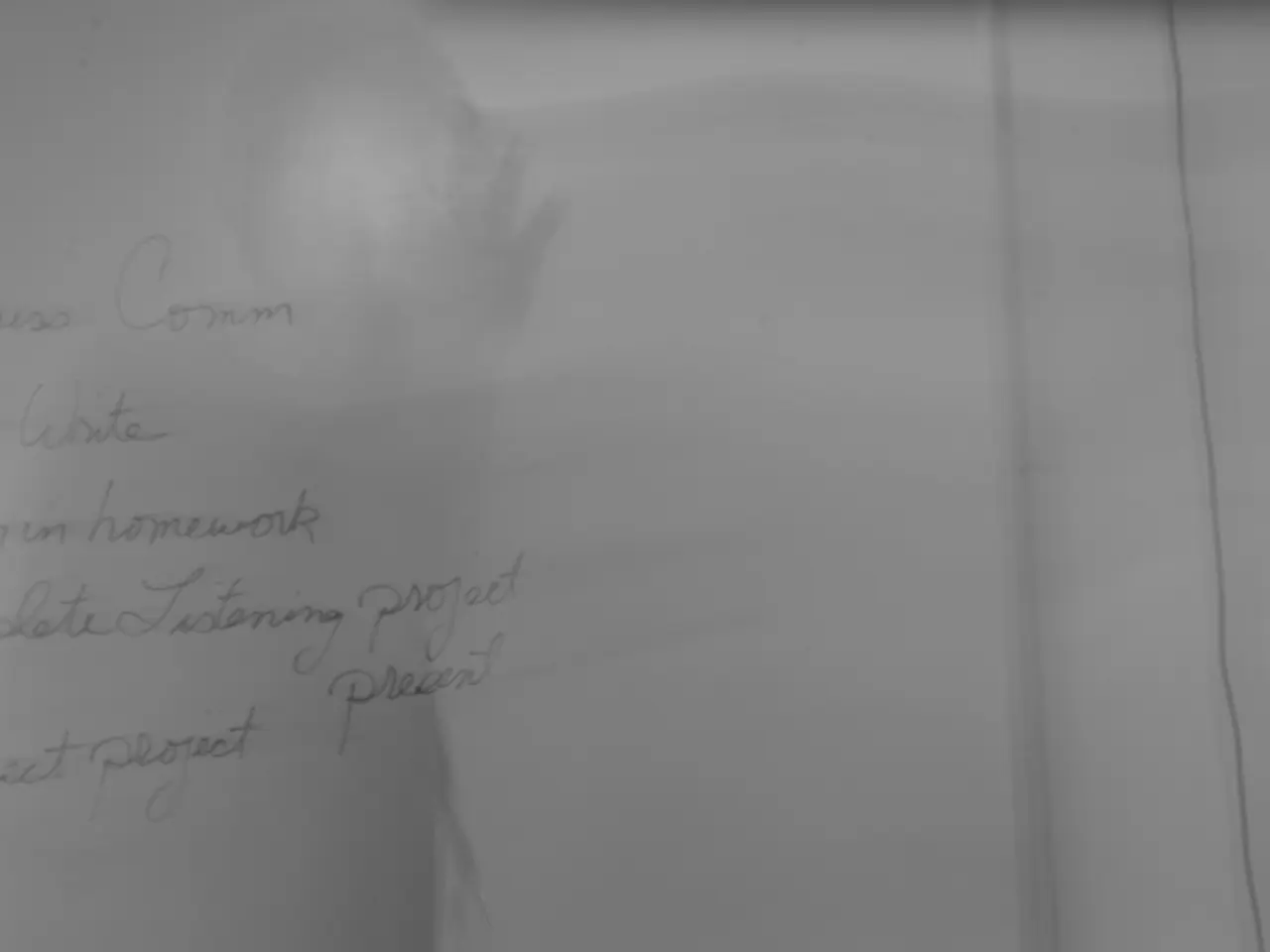Victory of Agitation in Hong Kong
In the complex political landscape of Hong Kong, the question of agent provocateurs within the independence movement has been a topic of interest for many. However, a recent investigation has revealed no specific individuals or groups acting as provocateurs within the movement, according to open-source data.
The strategy of using agent provocateurs, or individuals who infiltrate noncommunist or anticommunist causes to initiate actions that lead to specific "reactions," is a method known as "provocation." This tactic, employed by the Communist Party of China (CPC), has a long history, dating back to ancient China before the Warring States period (475-221 B.C.).
While no direct identification of provocateurs within the Hong Kong Independence Movement is provided, the People's Republic of China (PRC) is known to employ hybrid warfare tactics, including psychological operations, doxxing, and extraterritorial law enforcement, to target pro-independence activists in Taiwan. The aim is to undermine morale, deterring pro-independence activities, and legitimizing surveillance and harassment of such individuals abroad.
Twenty years ago, Martin Lee, a prominent figure in the Hong Kong political scene, deceptively argued that the PRC's membership in the World Trade Organization would make the communists more democratic. However, this has not been the case. Despite his actions, Lee has never been killed or ended up in the Laogai (prison camp system), suggesting he is not a real enemy of the Communist Party.
Martin Lee has led delegations of Hong Kong lawyers to Beijing and was credited by the official communist press in Beijing for getting membership in the World Trade Organization for the PRC, despite his current support for Hong Kong Independence. Interestingly, he won kudos from Beijing for getting a Hong Kong communist laborer acquitted from drug trafficking charges thirty years ago.
The Chinese Ministry of State Security has had 22 years to infiltrate both the government of Hong Kong and the pro-democracy leadership. It is worth noting that the leadership of the United States, especially for prominent politicians like House Speaker Nancy Pelosi and Sen. Diane Feinstein, who hail from San Francisco, a city known for Chinese infiltrators and agent provocateurs, have not been exempt from accusations of being manipulated by communist methods.
In the present instance, the operation was triggered by an extradition bill, but the communists do not really care about it. The ultimate goal seems to be to provoke U.S. legislation that includes a visa waiver for Chinese leaving Hong Kong, effectively opening a channel for sending Chinese agents into America.
In conclusion, while no specific agent provocateurs within the Hong Kong Independence Movement are publicly known or named in the referenced sources, the PRC's broader strategy involves psychological pressure and hybrid warfare to suppress pro-independence efforts. This may include provocateurs or informants, but details regarding Hong Kong specifically are not given. It is crucial to remain vigilant and continue investigating these matters to ensure a fair and democratic future for Hong Kong.
[1] Source: Open-source data search results.
- The Communist Party of China (CPC) has employed a strategy of using agent provocateurs to infiltrate non-communist or anti-communist causes for centuries, including during the Warring States period in ancient China.
- Despite his support for Hong Kong Independence, Martin Lee, a prominent figure in Hong Kong's political scene, has not been targeted by the Chinese Communist Party with the same severity as other pro-independence activists, suggesting he may not pose a significant threat to the CPC.
- The People's Republic of China (PRC) is known to use hybrid warfare tactics, such as psychological operations, doxxing, and extraterritorial law enforcement, to target pro-independence activists in Taiwan and Hong Kong, with the aim of undermining their morale and legitimizing surveillance and harassment.
- The Chinese Ministry of State Security has had 22 years to infiltrate the government of Hong Kong and the pro-democracy leadership, and accusations of manipulation by communist methods have not been limited to foreign governments, even reaching prominent politicians in the United States.
- While no specific individuals have been identified as agent provocateurs within the Hong Kong Independence Movement, the PRC's broader strategy in dealing with pro-independence efforts includes psychological pressure, hybrid warfare, and potentially the use of provocateurs or informants. It is important to continue investigating these matters to ensure a fair and democratic future for Hong Kong.





